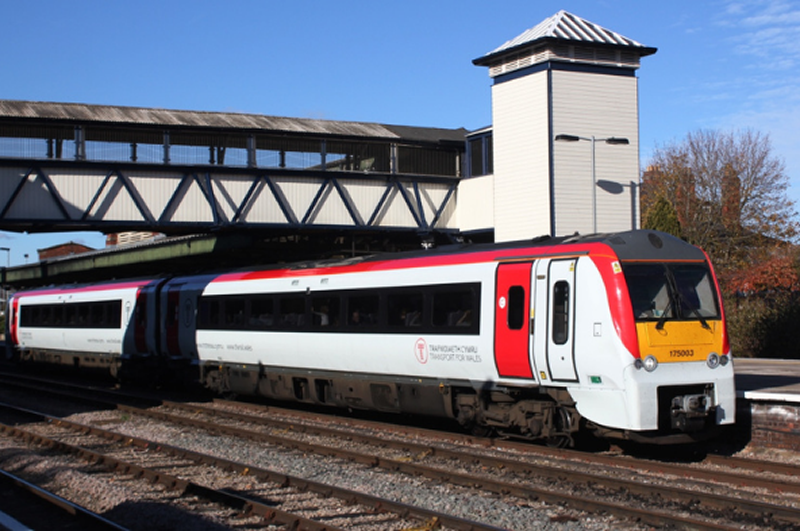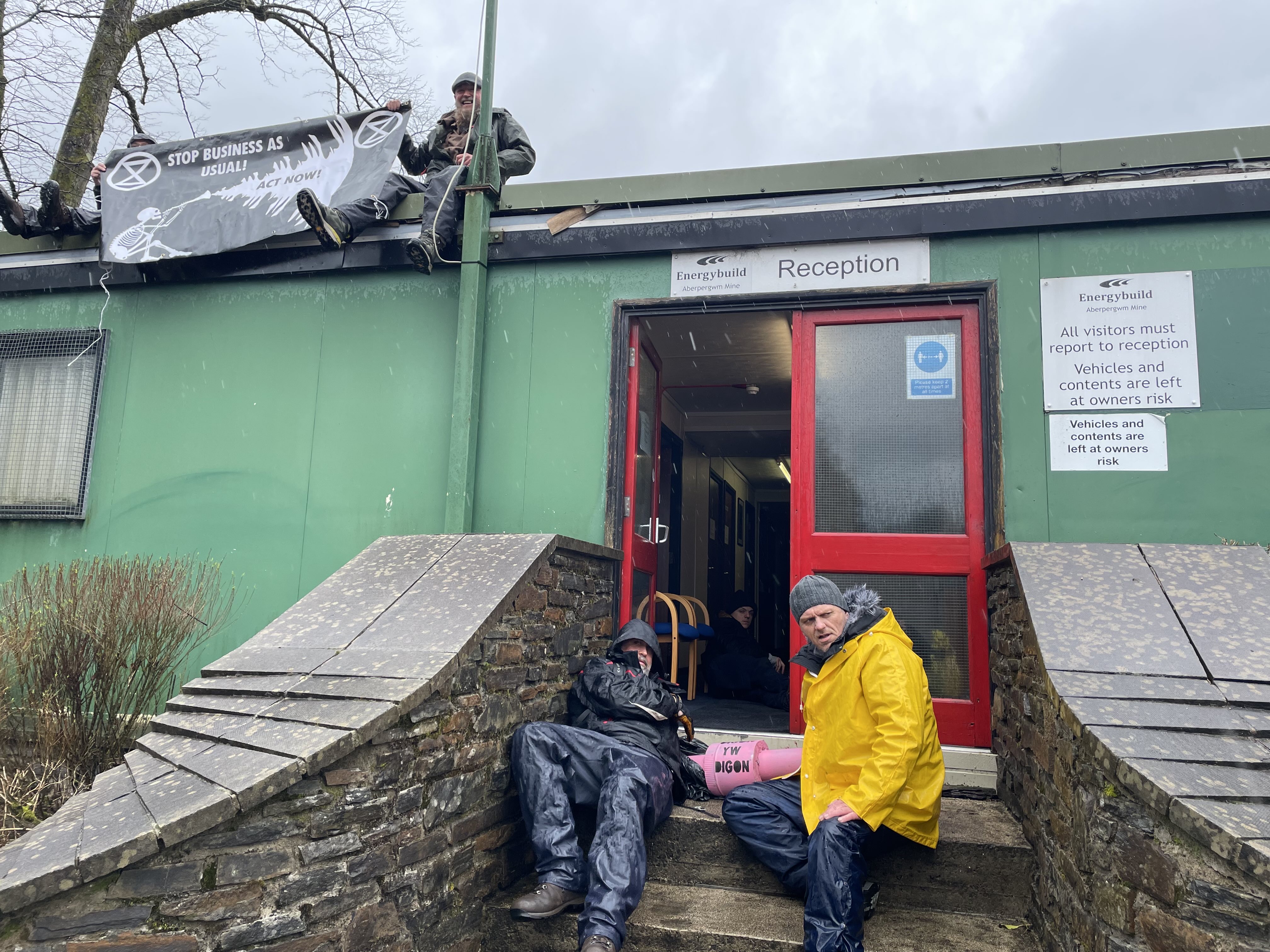
UK Law Means Welsh Government Can’t Fully Nationalise Rail – Trade Union
The union representing rail workers in Wales has said that Welsh Government is unable to permanently nationalise the country’s rail network due to UK law.
In a statement released on Wednesday, the Rail, Maritime and Transport union welcomed the Welsh Government’s decision to take Transport for Wales rail services into public ownership from February 2021, but warned it may not be able to last.
The union says that because powers over rail passenger services are not fully devolved, UK law currently prevents the Welsh government from permanently retaining the service in public ownership.
RMT is now demanding that the UK government bring forward legislation to give the Welsh Government powers to permanently retain the service in the public sector.
“As well as supporting this decision,” General Secretary Mick Cash said, “we are calling on the UK government to give the Welsh Government the necessary powers and support to ensure the railways in Wales have a safe, secure and sustainable future in public ownership.”
The Welsh government made the announcement that it would bring the service in-house after deciding to terminate the contract with private consortium KeolisAmey, who had operated Transport for Wales rail services since 2018 in what was supposed to be a 15 year deal.
Companies like Keolis are renowned for making major profits by running public services on a shoestring, but these plans have been derailed by the pandemic and now they’re demanding state bailouts or simply walking away.
It is unclear what financial state the service is in and whether Welsh Government will be demanding costs from the private firms for breaking the terms of the contract..
The RMT union says that rail workers’ jobs must be secured and infrastructure maintenance – that Keolis was supposed to undertake – continues under the public sector.
“We will also be seeking urgent assurances that railway workers jobs and conditions will be fully protected and the railway will be properly funded,” said Mick Cash.
“There is huge public support for public ownership because privatisation and profiteering has never been an efficient way to provide value for money, and this is even more the case when extra funding has been needed during the Coronavirus pandemic.”
The anti-privatisation group People’s Assembly Wales have also released a statement today saying that “the public must see benefits from public ownership, and see an end to the ‘Great Train Robbery’”
They say disastrous privatisation has seen UK railways have the highest rail fares in Europe, require 3 times as much public subsidy, become 3 times more expensive to run and seen fares rise by 25% since 2010.
They call for a model of public ownership in Wales “based on an elected board with a third workers, a third travellers/service-users and a third elected politicians.”
For private companies, rail privatisation has been a real gravy train over the years. Before KeolisAmey took over in 2018, the German owned company Arriva ran trains in Wales for 15 years. In that time, trains were renowned for being outdated, dysfunctional and overcrowded. That never stopped Arriva making handsome profits, however.
In 14 of those years it received £1.8 billion in subsidies from the taxpayer, and quadrupled its profits to a staggering £27.7million in 2017. That same year, it handed over £20m – on top of £20m in 2016, to its shareholders, bringing the total paid in dividends to Arriva UK to £173m. The company said the rise in profit was due to an “increase in passenger numbers and pricing growth.”
The move by Welsh Government will fuel demands for other failed rail networks to be brought fully into public ownership.


